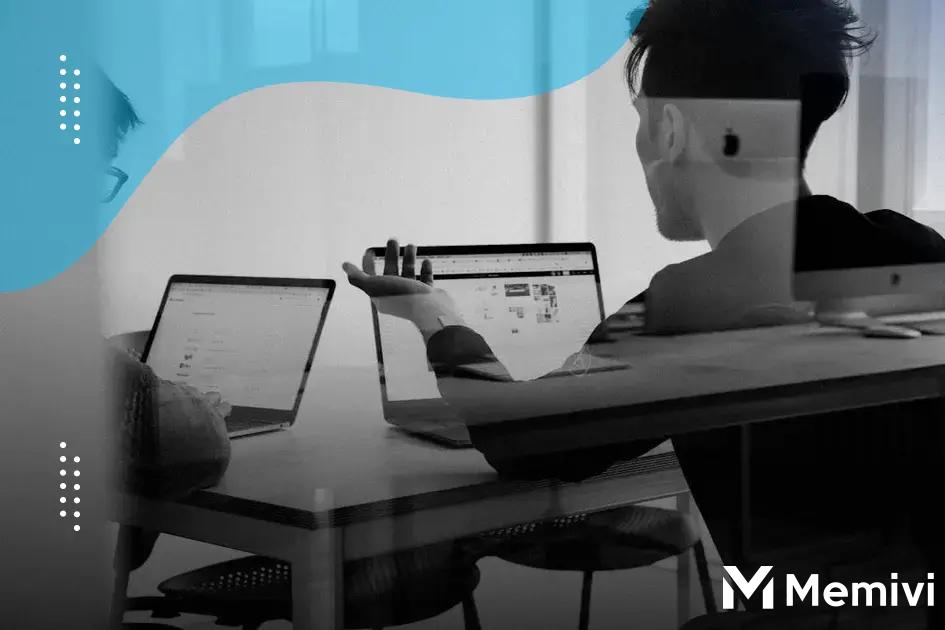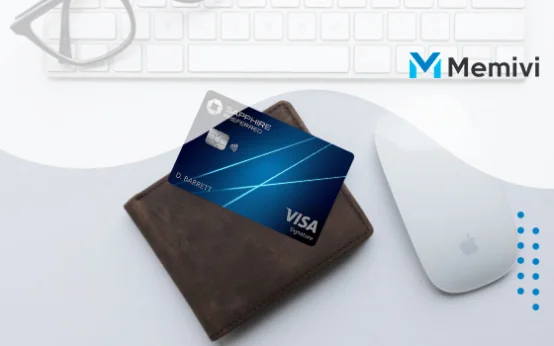
Understanding the basics of managing a credit card is crucial for financial success. This guide explores essential tips such as selecting the right card and using it wisely to build your credit profile without falling into common traps.
Understanding Credit Card Basics
When you get your first credit card, it’s vital to understand the basics. Credit cards allow you to make purchases on credit, meaning the bank pays for it initially, and you repay later. This can be convenient, but it’s essential to use them wisely.
Key Elements of Credit Cards
A credit card consists of several key terms you should understand:
- Credit Limit: This is the maximum amount you can charge on the card.
- Annual Percentage Rate (APR): The interest rate charged if you don’t pay your balance in full each month.
- Minimum Payment: The minimum amount you must pay each month to keep your account in good standing.
Another important aspect to consider is your credit score, which is influenced by how you use your credit cards. Payment history and credit utilization are key factors.
When applying for your first card, take time to compare options. Some cards may offer rewards or cash back, while others might focus on building credit for beginners. Be sure to read terms and conditions carefully before applying.
By understanding these credit card fundamentals, you can make informed decisions and use your credit effectively, paving the way for a healthy financial future.
Choosing the Right Card for You

When it comes to choosing the right credit card, the decision can seem overwhelming, especially if this is your first time applying for one. With numerous options available, it’s crucial to understand your financial needs and habits. Are you looking for a card to build credit, earn rewards, or maybe one with a low-interest rate? Knowing your priorities will help narrow down the choices effectively.
Start by evaluating your current financial situation. Consider your income, monthly expenses, and any existing debts. This assessment will guide you in determining a suitable credit limit and card type. For example, if building credit is your main objective, look for cards specifically designed for that purpose, such as secured credit cards.
Another factor to consider is the interest rate. If you plan to carry a balance, a low-interest card could be beneficial. However, if you intend to pay off your balance each month, the interest rate might be less significant, and you can focus more on other benefits, like rewards or cashback.
Rewards programs can be appealing if you want to maximize the value of your purchases. Look for cards that offer points or cashback on your frequent spending categories, whether it’s groceries, travel, or dining. Review the terms and conditions carefully to understand how the rewards program works and if there are any annual fees.
It’s also worth examining any additional features offered by the credit card. These might include travel insurance, purchase protection, or zero liability fraud protection. Such benefits can add value depending on your lifestyle and needs.
Once you’ve identified a few options that align with your requirements, compare them to make an informed decision. Pay attention to the fine print, including fees, penalties, and introductory offers. Making the right choice can not only improve your financial health but also enhance your spending power responsibly.
How to Use Your Credit Card Wisely
When you use your credit card wisely, it can become a valuable financial tool. Start by paying the full balance every month to avoid interest. Set up automatic payments to ensure you never miss a due date. This helps you build a positive payment history, which is crucial for your credit score.
Be aware of your credit limit and aim to keep your usage below 30%. This utilization ratio affects your credit score significantly. If your card offers rewards, ensure you’re maximizing them, but don’t let them lead you into unnecessary spending.
Create a budget that includes your credit card expenditures. This helps prevent overspending and ensures you have funds available to pay off your card in full. Monitoring your spending can alert you to potential fraud early.
Use the perks and protections provided by your card. Many cards offer purchase protection, extended warranties, and fraud alerts. Take advantage of these to safeguard your purchases.
Finally, avoid cash advances. They often come with high fees and interest rates that start accruing immediately, significantly increasing your debt.
Avoiding Common Credit Card Mistakes

When starting out with your first credit card, it’s crucial to be aware of common pitfalls that could lead to long-term financial issues. Many first-time cardholders are unfamiliar with key aspects of credit card management, which can sometimes result in undesirable outcomes such as debt accumulation or a poor credit score.
One frequent mistake is not paying the balance in full each month. While paying the minimum might seem convenient, it can lead to accumulating interest charges and increased debt over time. Make it a priority to pay off your statement in full to avoid such traps.
Exceeding your credit limit is another common error. It’s essential to stay within your limit to maintain a healthy credit score. Always keep track of your spending and be mindful of your limit to avoid fees and potential credit score damage.
Misunderstanding credit card fees is also prevalent. Be sure to read the terms and conditions carefully to identify fees such as annual fees, late payment fees, and foreign transaction fees. Awareness of these charges can help you manage your card more effectively.
Forgetting payment deadlines can seriously affect your credit score. Set up automatic payments or calendar reminders to ensure you never miss a payment. Timely payments are vital to maintaining a positive credit history.
Lastly, not monitoring your account regularly might lead to unnoticed fraudulent activities or errors. Regularly review your statements and report any discrepancies immediately.



 The Destiny Mastercard <p class='sec-title' style='line-height: normal; font-weight: normal;font-size: 16px !important; text-align: left;margin-top: 8px;margin-bottom: 0px !important;'> Rebuild, Refresh, and Rise — A Simple Way to Take Back Your Financial Confidence </p>
The Destiny Mastercard <p class='sec-title' style='line-height: normal; font-weight: normal;font-size: 16px !important; text-align: left;margin-top: 8px;margin-bottom: 0px !important;'> Rebuild, Refresh, and Rise — A Simple Way to Take Back Your Financial Confidence </p>  In-Depth Review: The Chase Sapphire Preferred Card <p class='sec-title' style='line-height: normal; font-weight: normal;font-size: 16px !important; text-align: left;margin-top: 8px;margin-bottom: 0px !important;'> Dive into an in-depth review that reveals everything you need to know about the subject </p>
In-Depth Review: The Chase Sapphire Preferred Card <p class='sec-title' style='line-height: normal; font-weight: normal;font-size: 16px !important; text-align: left;margin-top: 8px;margin-bottom: 0px !important;'> Dive into an in-depth review that reveals everything you need to know about the subject </p>  Pay It Off Fast: Your Guide to Crushing Credit Card Debt <p class='sec-title' style='line-height: normal; font-weight: normal;font-size: 16px !important; text-align: left;margin-top: 8px;margin-bottom: 0px !important;'> Pay It Off Fast is a powerful strategy that many overlook on their journey to financial freedom </p>
Pay It Off Fast: Your Guide to Crushing Credit Card Debt <p class='sec-title' style='line-height: normal; font-weight: normal;font-size: 16px !important; text-align: left;margin-top: 8px;margin-bottom: 0px !important;'> Pay It Off Fast is a powerful strategy that many overlook on their journey to financial freedom </p>